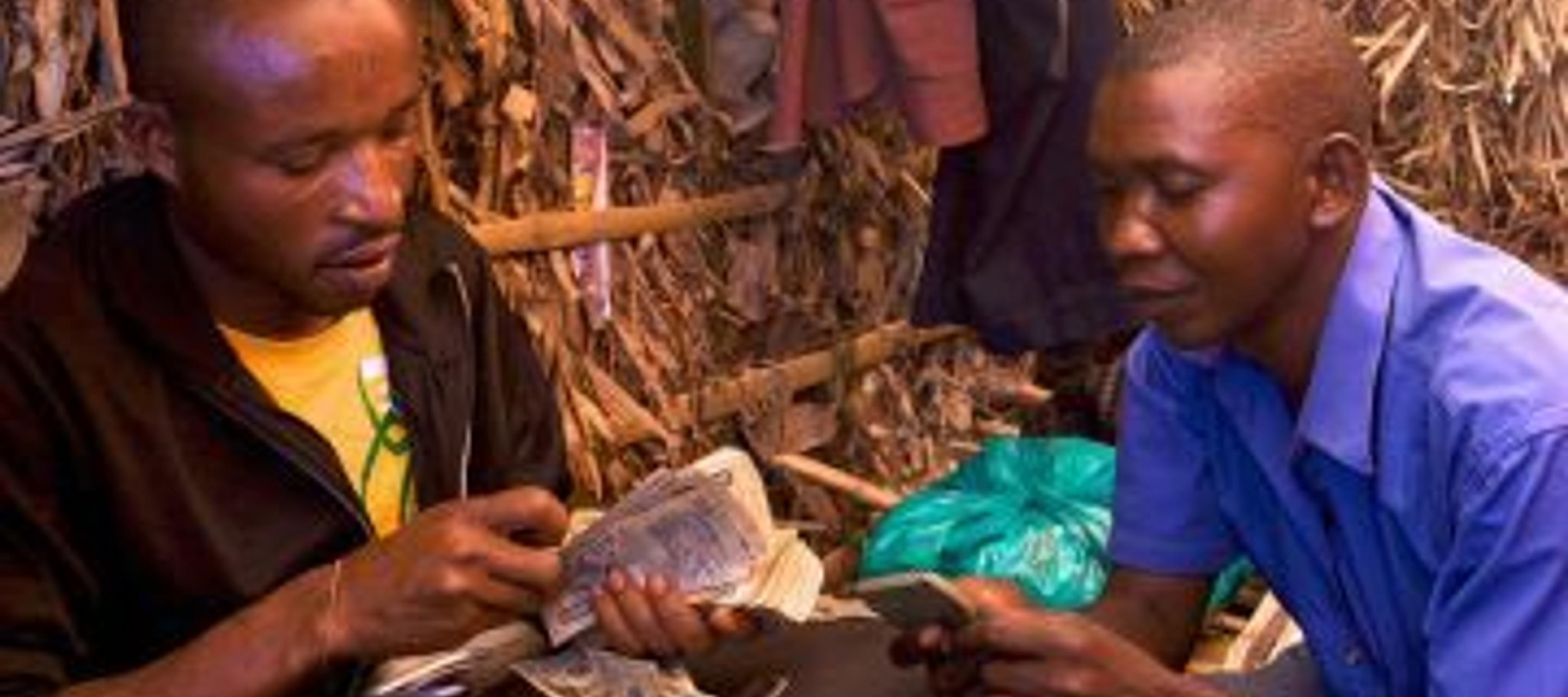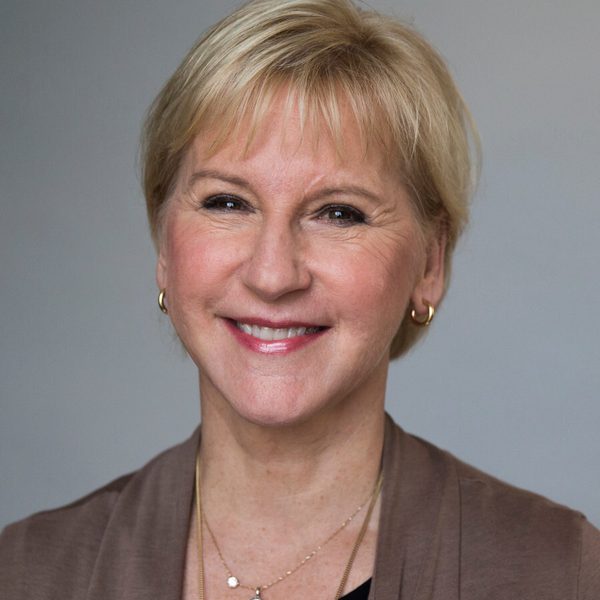How to strengthen the EU’s conflict minerals proposals
26 March 2014

Earlier this month the European Union announced plans aimed at limiting global trade in minerals mined in conflict zones. While the goal of the new initiative is laudable, the approach being proposed – essentially a voluntary reporting scheme – is far too limiting, is out of step with emerging good practice, and could result in setting back valuable progress that has already been made in seeking to ensure responsible mineral sourcing globally.
What can be done in the months ahead to strengthen the proposed EU legislation so that it is consistent with existing standards and achieves its objectives?
To start, there needs to be a serious reflection on the wider context and experience to date. Key to that discussion is an assessment of where things stand in the implementation of the US Dodd-Frank Act financial reform act adopted in 2010. One of the provisions in the US legislation – S. 1502 – addresses supply chain transparency. The 1502 provision requires that US-listed companies determine if the minerals in their products originate from the Democratic Republic of Congo (DRC) or adjoining countries and to declare this information through public reports.
The case is not simply a moral one; laws of war, including laws covering international crimes, are involved here. As I wrote here last August, the conflict in the DRC is the deadliest since World War II, with over five million lives lost. Rape is endemic. Few doubt that the conflict is driven by the sustained desire to exploit natural resources. All parties are benefiting from controlling mines or taxing trade routes, and the income they earn allows them to maintain control over the mines or routes, and to continue the conflict.
When the Dodd-Frank Act was introduced, many expressed concern that companies would simply withdraw from the DRC and look for supplies elsewhere – in effect, punishing the poor artisanal miners along with the local suppliers and trading companies – for the acts of armed groups in the region. But the poor are facing another form of punishment today – trafficking, sexual violence, forced labour, and exploitation – at the hands of the militias that control mining areas. And early evidence suggests that the feared withdrawal of companies from the region has not happened. Compliance costs, in any case, rarely exceed 0.05% of a company’s turnover, according to studies the Guardian cites.
The UN Group of Experts on the DRC has welcomed provisions of the Dodd-Frank Act, saying that it has already had “a massive and welcome impact” and that “requiring companies to exercise due diligence is effective.” Non-action by others would undermine these positive developments, “confuse all players in the market, unfairly and unwisely diminishing the efforts of those who are implementing due diligence, and playing into the hands of the cynical and those with other agendas who have thus far refused to implement due diligence in the hope that it will simply go away.”
Some companies have indeed been making the case for sourcing conflict free minerals. Intel, for example, has said it would make public the methodology it has developed to weed out conflict minerals from its supply chain.
It is understood that companies trading minerals, and located thousands of miles from the area of conflict clearly cannot be expected to know every detail about every supplier. But given the extraordinary nature of the conflict in Congo, it is incumbent upon the companies to demonstrate that they have made every practical effort to remove conflict commodities from their supply chain.
That is why the new EU proposal as currently written is reason for concern. It calls for a self-certification scheme through which companies will carry out supply chain due diligence to monitor imports of tin, tantalum, tungsten, and gold originating in conflict-affected and high-risk areas. The aim is to reassure consumers that companies have made serious efforts to break the link between mineral extraction and trading, and funding armed conflict. But the scheme’s voluntary nature of reporting, and lack of adequate enforcement mechanisms could, if approved, result in undermining advances made since 2010.
As John Ruggie, former UN special representative on business and human rights pointed out in a recent letter to EU President Jose Manuel Barroso:
“There is no doubt that reporting – not least for companies many tiers removed from the abusive practices – needs to be targeted, manageable and proportionate. (But) a move to make reporting entirely optional risks leaving the most responsible companies exposed while those least attentive to their human rights responsibilities continue their current practices undeterred. It is surely through requiring the same reporting standards across companies that the Commission can help drive improvements where they are most needed and advance corporate respect for human rights in practice.”
So what should be done now to move the EU proposal in the right direction? Aligning the EU approach with US Dodd-Frank reporting requirements to avoid conflicting rules is the priority. This should draw on other precedents, such as the supply chain due diligence and transparency guidance developed by the OECD, combined with a liability regime modelled on the EU Timber Regulation.
Ultimately, companies will have to return to the sources from the region, because the minerals are simply not available nor as accessible elsewhere. In addition to requiring due diligence and public reporting, the EU can show leadership by supporting local capacity building and provide technical assistance where appropriate to producing countries so that they can trade legally. Doing so would re-engage the region, besides extending positive incentives for companies that continue to source responsibly from Central Africa.
As discussions move forward, policy makers should consider what more can be done to further strengthen the EU proposal. For example, all minerals and end products that cannot be shown to be compliant with exporting and producing country laws should be prevented from entering the EU. The apparent severity of such a proposal would prompt action from those dragging their feet. Other possible incentives include trade finance incentives, such as offering reinsurance and risk insurance and export credit; linking company violations of the scheme to ineligibility for competing under public procurement; encouraging stock markets to include such companies in sustainability indices, if appropriate; and labelling of products that comply with standards to help consumers arrive at informed choices.
At the end of the day, twin strategies are needed – carrots through incentives, and sticks through disincentives. Companies that operate in high risk areas must know the risks to which they expose themselves and their people. They must pay heed to the warnings. They must comply with international standards. And they must make efforts to mitigate – and where necessary, eliminate – negative impacts.




